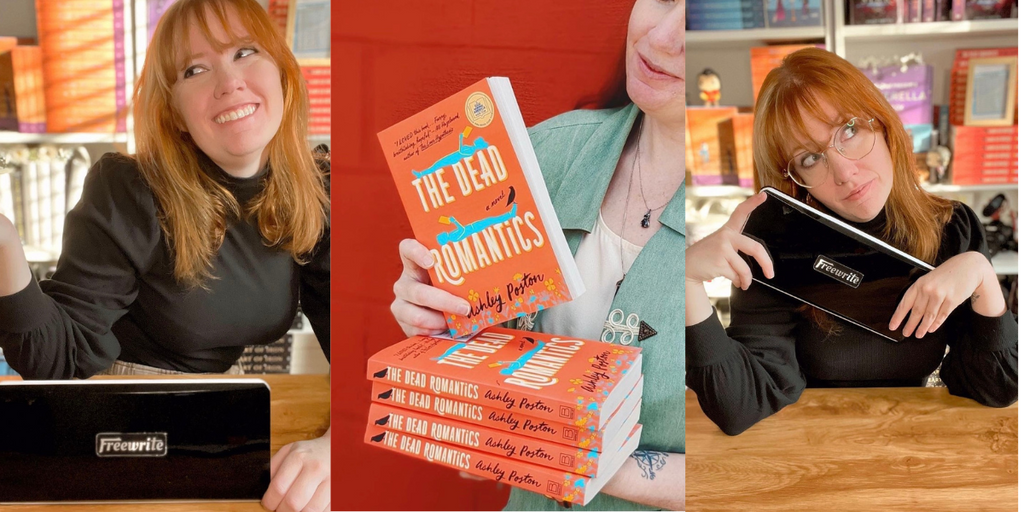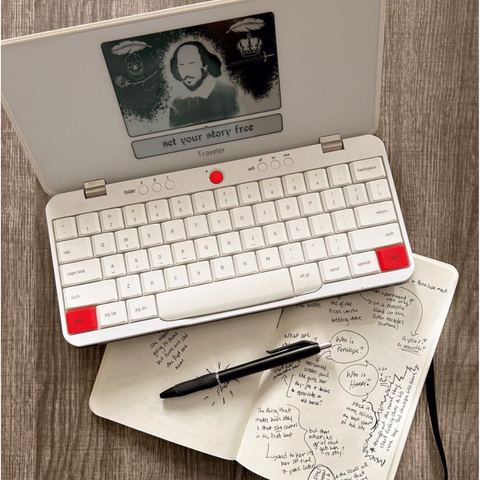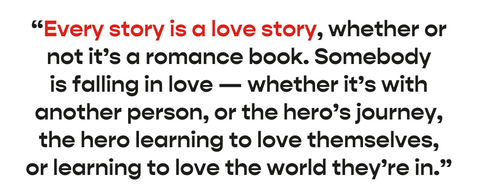
By Annie Cosby
We're thrilled to bring you a special interview with Author & Freewrite Ambassador Ashley Poston! Ashley writes adult and young adult romance with a speculative (or paranormal) twist. Her latest release, The Dead Romantics, was a NYT Notable Book of 2022 and Good Morning America Book Club pick. (And, yes, the hero is a ghost.)
We sat down with Ashley to pick her brain about the romance genre, her writing process, and more...
What are the staples of a romance novel?
A happy ending! Or a happy-for-now. And of course the romance has to be the central theme of the book. But a happily-ever-after is the hallmark of the genre.
What is a "meet-cute" and how do you write one?
The meet-cute has to be one of the most memorable scenes that either character has in the entire novel. It has to be the scene that you think back on when you think of these characters. This is where they start.
Personally, I like full-circle narratives: starting them in one place and finishing them in the exact same place but in a different mindset and a different scenario. So I usually make the characters' last scene together the antithesis of their meet-cute.
The meet cute for Dead Romantics happens in the first chapter — they butt heads, and that’s the start of their relationship. Obviously, that happens before he gets hit by a Prius and dies. And after he gets hit by a Prius and dies, they have another meet cute!
(Oh, and if you’re hesitant to pick up a ghost romance story — don’t worry, it has a happy ending.)
What’s your favorite part of writing romance?
You know that “oh shit” moment where they realize they’re in love? I love writing that.
Why do your books have an element of magic?
I've always gravitated toward a little bit of magic in the romances I write. I've always loved speculative, fantastical scenarios, like time travel, ghost romances, this character from a book came to life and now we’re catching feelings...
How do you use the Freewrite in your writing process?
I have the Traveler, and I use it to draft my books. I don’t even take my computer with me when I travel. Instead, I just take my Freewrite!

What's your favorite literary love story?
Howl Pendragon and Sophie from Howl's Moving Castle. Specifically the book [by Diana Wynne Jones], not the movie — Howl is so different in the book.
And what do you have to say to people who "don't like love stories"?

Thank you so much, Ashley, for sitting down with us to share some writing wisdom!
Ashley's next book, The Seven-Year Slip, comes out June 27, and you can pre-order it today.
Note: This interview was minimally edited for clarity and brevity.





















